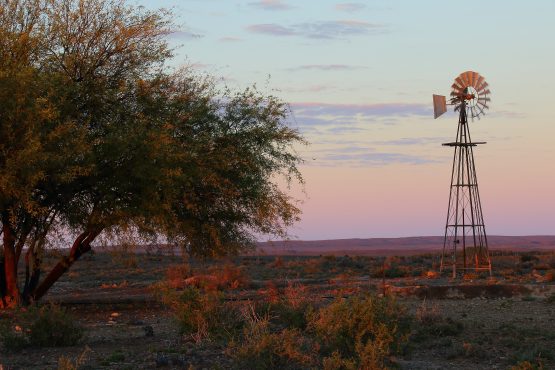The law is clear: you are still liable for your mortgage after your land has been expropriated. For the banks it is ‘business as usual’ until there is further clarity.

Farm. Image: Shutterstock
Who pays your bond if your property is expropriated without compensation? The answer to that critical question could still be months away.
As lawmakers still focus on public hearings around the latest gazetted version of the draft expropriation Bill, there is no deadline in sight.
But, whatever happens, the banks say they still expect the debt to be settled.
While the first round of public hearings will take place from 20 to 24 February in Limpopo and Northern Cape, the ANC may have painted itself into a corner with its assertion it wanted to be the arbiter of expropriation instead of the courts as gazetted by the ad hoc committee amending section 25 of the constitution.
Nedbank executive head for regulatory advocacy and policy Bongane Sibanyoni said: “Until there’s further clarity on this process, it is business as usual at Nedbank. Bond repayments, which are the subject of a contractual agreement, remain due and payable.”
FNB said it continued to monitor land reform developments. “We remain optimistic that the process will be managed in a responsible manner,” FNB said.
Absa said the parliamentary process to amend section 25 of the constitution was “an ongoing process”. “We will make our contribution to parliament when the opportunity arises,” said Absa.
Institute for Race Relations (IRR) researcher Nicholas Babaya said because there had been no legislation to change the contract law under which bonds were agreed to, banks had so far said nothing about what would happen if bonded property were expropriated.
“The potential implications of this are dire for the financial system in South Africa,” Babaya said.
In December, through a parliamentary question, DA MP Michael Waters asked Minister of Agriculture, Land Reform and Rural Development Thoko Didiza if government was negotiating with banks to ensure they would be compensated for any loan against an expropriated property. Didiza’s answer was short: “No”.
SA HomeLoans tweeted: “In the event of expropriation, the bond repayments would still remain owing to the mortgage lender.”
According to Absa’s 2018 position paper, the Banking Association of South Africa had found bank loans for agricultural, residential, commercial and industrial land came to about R1.4 trillion.
About R930 billion was for residential loans, R300 billion for commercial and industrial property, and about R129 billion in agriculture.
What the law says
To amend the constitution of the Republic of South Africa, 1996, so as to provide that where land and any improvements thereon are expropriated for the purposes of land reform, the amount of compensation payable may be nil; and to provide for matters connected therewith. – Draft Constitution Eighteenth Amendment Bill
For more news your way, download The Citizen’s app for iOS and Android.





